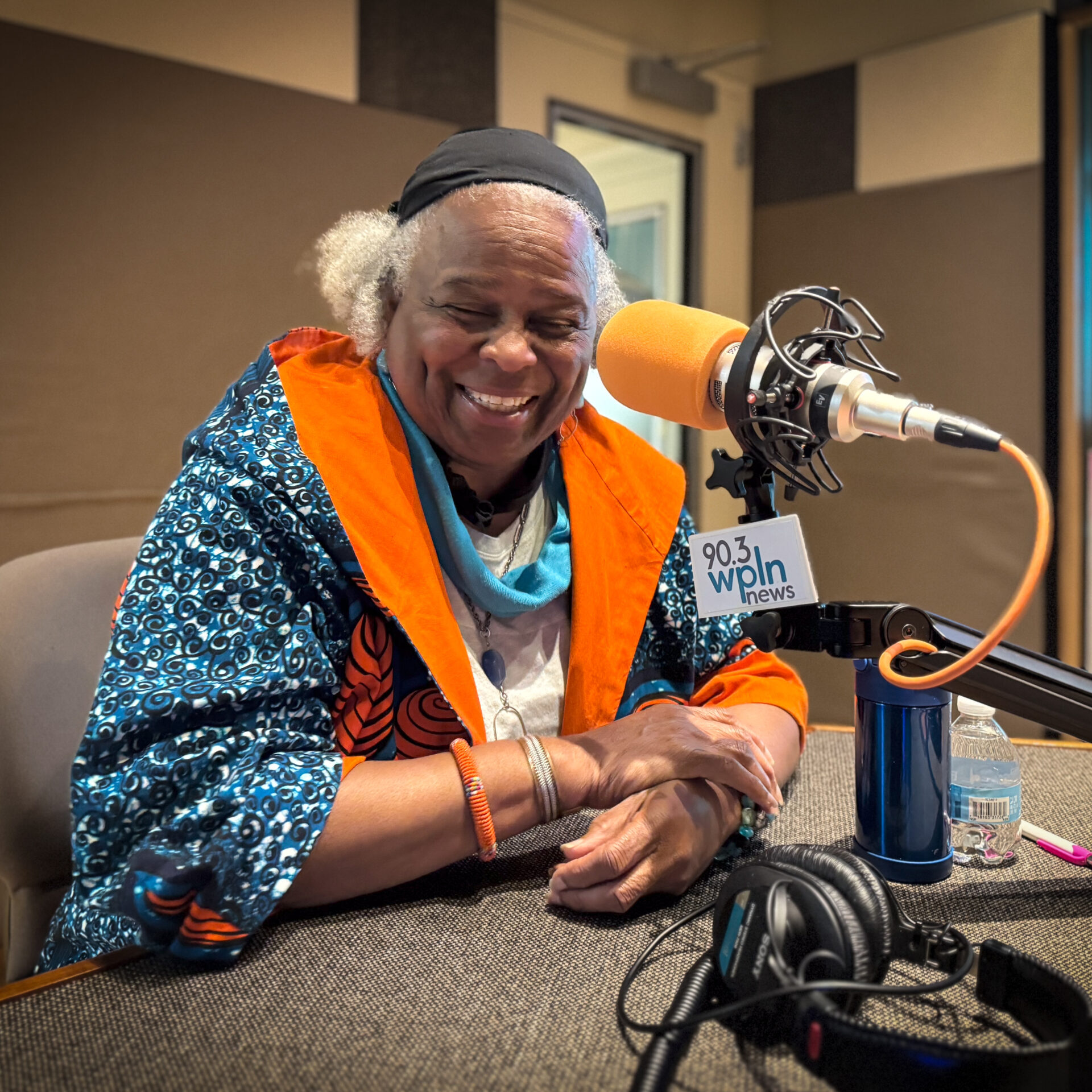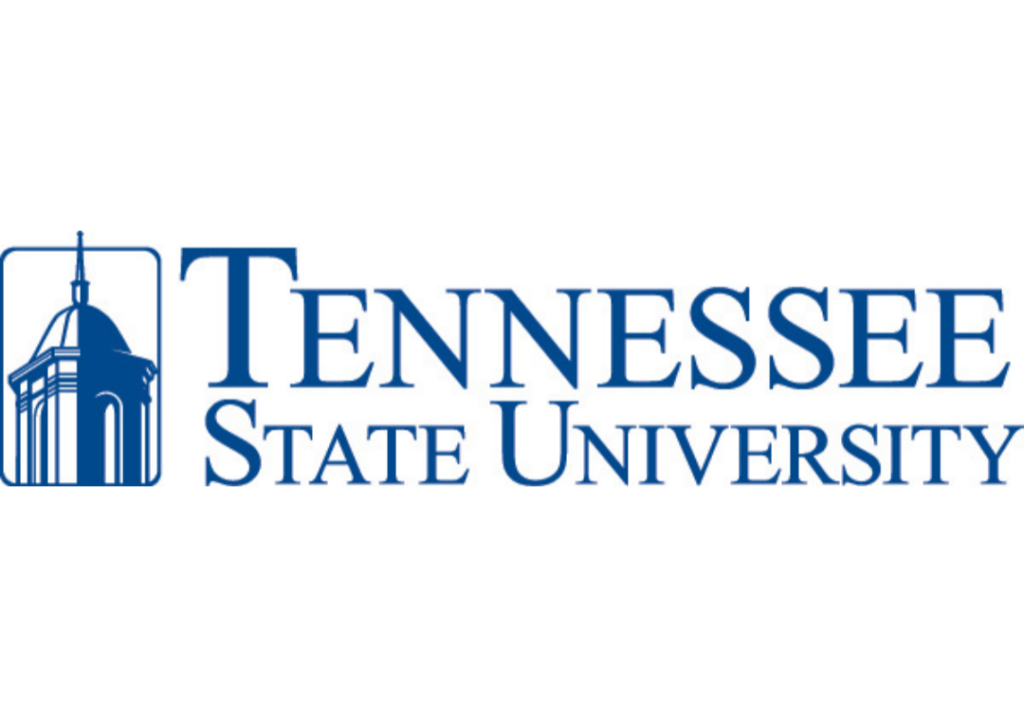NASHVILLE ENVIRONMENTAL JUSTICE INITIATIVE
The Nashville Environmental Justice Initiative (NEJI) works to educate community stakeholders on the tenets of environmental justice and collaborative problem-solving that protects and empowers Nashville’s most marginalized communities from environmental hazards.
Through a partnership between Urban Green Lab and Tennessee State University, the initiative is designed to grow a culture of systemic learning around environmental justice in the city by exploring the issues facing marginalized communities today, developing impactful educational solutions, and connecting thought leaders to better mobilize their collective impact so Nashville grows responsibly for its people, prosperity, and the planet.
To learn more about environmental justice and examples of environmental racism in Nashville, go to our NEJI Resources page.
Environmental Justice Efforts

Voices of Resilience: A Nashville Environmental Justice Initiative Story Archive
A collaboration of the Nashville Environmental Justice Initiative, Urban Green Lab and Tennessee State University are creating a unique archive of oral histories to foster active community listening and address the growing issues brought by a shifting climate. The archive features the voices of some Nashville community members experiencing climate change first, worst, and longest.
Partner Spotlight

The Nashville Environmental Justice Initiative (NEJI) is a partnership between Urban Green Lab (UGL) and Tennessee State University (TSU). TSU and their Geographic Information Sciences Laboratory (GIS) has historically been a champion for climate and environmental justice.
Since the department's founding in 2000 by Dr. David A. Padgett, GIS has provided technical assistance to environmental justice and community-based organization (CBO) stakeholders in support of a number of community-based participatory research (CBPR) activities, including:
- Applications of EJ SCREEN and ArcGIS Online in support of CBO community air quality monitoring project in the Pleasantville Community in Houston, Texas.
- Stakeholder training in geoscience and cartography in support of strategies to mitigate the negative impacts of landfills upon human health in the Wedgewood Community in Pensacola, Florida.
- Real estate data collection and analysis in support of CBO efforts to develop heritage tourism and preserve critical historical resources in the Africatown Community in Mobile, Alabama.
- Community-based participatory asset mapping and hydrological data analysis in support of community legal actions versus a proposed inland port facility that threatens the quality of life in the historic Turkey Creek community in Gulfport, Mississippi.
- Geographic information systems (GIS) training in support of a community-based flood mitigation program in New Orleans’ Lower Ninth Ward.
To learn more about the Nashville Environmental Justice Initiative, contact Stephanie Roach at stephanie@urbangreenlab.org.
Key Successes
Launched a citywide assessment to learn the need for environmental justice education
Created the Oral History Archive with TSU, recording and documenting the lived experiences of Nashvillians
Organized and led a panel at Bonnaroo with local environmental justice leaders to discuss how everyone plays a part in justice in Tennessee
Selected accomplishments since the program started. Updated February 19, 2025.
8
Oral histories recorded for the Oral History Archive documenting the lived experiences of Nashvillians